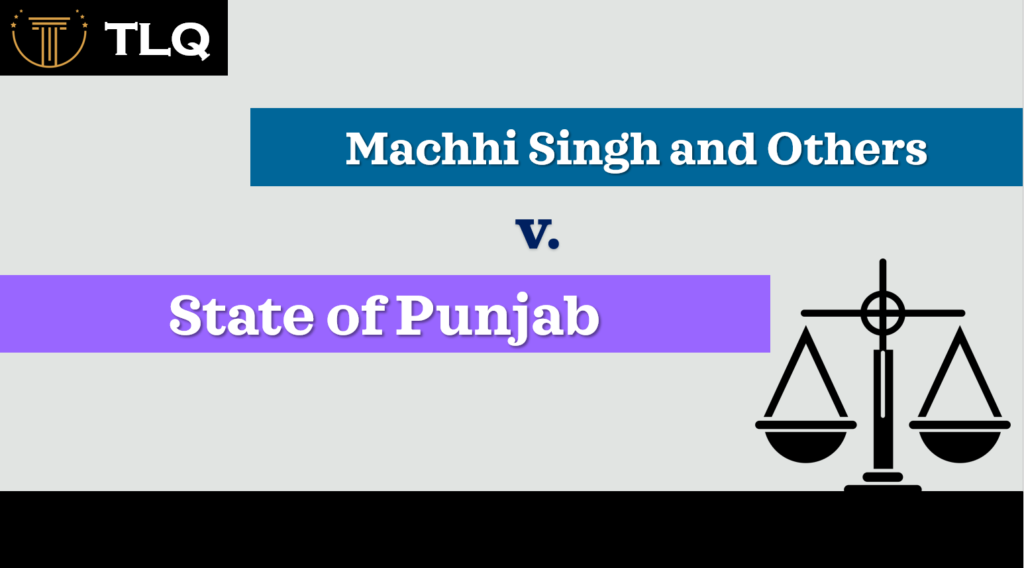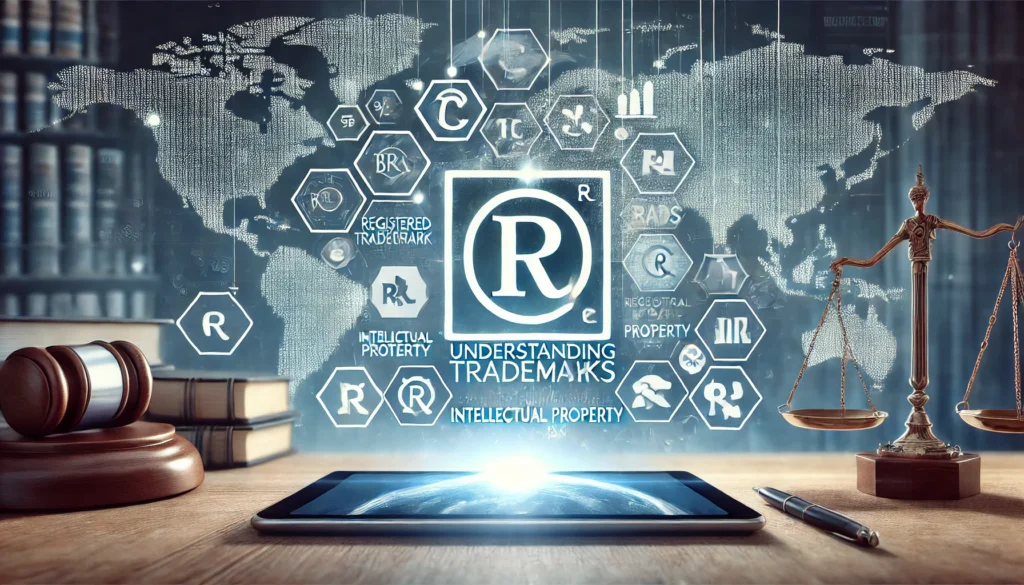Published On: 28th July, 2024
Authored By: Omisha Priya
Manikchand Pahade Law College, Chhatrapati Sambhaji Nagar, Maharashtra.
ABSTRACT
Nowadays, as a result of multiplicity of the court cases, the demand for operative Alternative Dispute Methods is booming. Arbitration being the chief feature of it has played a major role in providing a cost-effective, confidential, party-oriented and speedy justice. It has a very immense history in India, even since the time of the ancient Hindu period. It is now being used worldwide as one of the most widespread mechanisms of dispute resolution. After the enforcement of the Arbitration and Conciliation Act, of 1996, a lot of cases have been solved using this technique. Thereafter, a few more laws were enforced and taken into account to meet the technology and pace of recent times. The Arbitration in India as prescribed by the aforesaid act involves a step-by-step procedure to deal with. The objective of this article is to interpret the definition of Arbitration and explain that hefty procedure in a condensed manner. As it has been discussed below in detail, Arbitration in India involves- the formation of an arbitration agreement, composition of an arbitral tribunal, conduction of an arbitral process, deciding arbitral award, termination of the proceedings and lastly if required, rebuttal against of the award. Therefore, for the sake of attracting the people towards this method of dispute resolution, awareness must be created followed by setting up a large number of arbitral institutions and broadening the panels of arbitrators. Noticing the remarkable demand of this law, one can choose it as a career option as well.
KEYWORDS: Alternative Dispute Resolution, Arbitration, Arbitration and Conciliation Act 1996, Arbitrators, Arbitral tribunal, Arbitral awards, Claimants, Respondents.
INTRODUCTION
The salience and the impending demand of arbitration in the legal arena can be seen during the inauguration ceremony of the Arbitration Bar of India as it marked the gracious presence of distinguished resource personalities from the legal fraternity and where everyone had a vision of seeing their mother, India as a hub of arbitration, economic growth, cross border transactions, foreign investments and startups. So, for gobs of banking or non-banking transactions, contracts and real estate acquisition to take place, an efficient and thrifty judicial system is a necessity. In a nation like India, where the development rate is at its peak, investors usually face difficulties in fighting the long-run battles, bearing all the losses during the court procedures and hence themselves becoming the victim of an overburdened judiciary leaving them with just minimal resources to contribute in developing projects. Even if we use the conventional litigation procedure to work to an extent it would be a house of cards when it comes to consensus of venue, arbitrator, quick enforcement, confidentiality, virtuality, and representation in international forums. Therefore, to resolve this conspicuous difficulty of the modern biosphere, Alternative Dispute Resolution (ADR) mechanisms have gained ground. Arbitration is one of the paramount elements of this system along with mediation, negotiation and conciliation. They are classified according to the territorial jurisdiction. They are- Domestic Arbitration, International Arbitration, Institutional Arbitration, Ad-Hoc Arbitration, Contractual Arbitration, Statutory Arbitration and Foreign Arbitration.
As conceded by Hon’ble Mr Justice S.A.Bobde, Former Chief Justice of India, “ADR in India is not a recent phenomenon. India has a long and distinguished history of resolving disputes through the utilisation of alternate methods of dispute resolution. Arbitration and mediation are deeply embedded dispute resolution mechanisms in India’s commercial practices and social life. Their usage could be traced back to when people voluntarily submitted their disputes to the panchayat, a group of wise men of the community, whose decisions were binding on the parties.”[1] According to the scriptures of ancient Hindu Law Brihadaranyaka Upanishad, popularly three types of courts are mentioned by Sage Yajnavalkya, they are: Puga or the local courts, Srenis for the people engaged in the same business or profession, and the Kulas were the members working for the social matters of a particular community. These were the arbitration courts in the pre-colonial rule. But, after the post-British era, by the Bengal Regulation Act 1772, the choosing of the tribunal by the disputed parties was introduced. Later on, the arbitration came up with a quirky i.e. names of arbitrators in the agreement after the formation of the first Legislative Council of India. Thereafter, one more Arbitration Act was enforced in 1940 for the whole Indian subcontinent. However, it was heavily criticised as it had several drawbacks like the lack of provisions regarding the resignation of an arbitrator and appointment of a new arbitrator if the one in the incumbent period dies. Finally, a long time after independence, the previous act was supplanted by the Arbitration and Conciliation Act, of 1996 which is based on the UNCITRAL (United Nations Commission on International Trade Law).
DELINEATION OF ARBITRATION AND THE PRINCIPLES GOVERNING IT
As per Section 2(a) of the Arbitration and Conciliation Act 1996,“ Arbitration means any arbitration whether or not administered by permanent arbitral institution.” [2] To put it another way, it means, under the umbrella of this act, any form of arbitration comes, disregarding the nature of the same.
In addition to that, Section 7 of the act defines the Arbitration agreement. It says, “an agreement by the parties to submit to arbitration all or certain disputes which have arisen or which may arise between them in respect of a defined legal relationship, whether contractual or not.” In other words, when two parties after entering into a legal relationship whether a contract or just an agreement, face difficulty in working on it due to some already arisen dispute or the prospect of having it in future can agree upon an arbitrator to adjudge the matter. This settlement always occurs inside the court and hearings are sometimes not published as a public record for confidentiality and to avoid infamy of the parties involved.
Globally, not-for-profit organisations like the International Chamber of Commerce (ICC), London Court of International Arbitration (LCIA) and American Arbitration Association (AAA) play a coherent role by giving laudable succour to the parties of alike nationalities in international dispute resolution. Moreover, the ICC rules define and regulate the management of cases received by the International Court of Arbitration.
Whereas in India, apart from the Arbitration and Conciliation Act 1996, there are a few other acts that control and govern arbitration in India. Firstly, The New Delhi International Arbitration Centre Act 2019. It was introduced and incorporated to keep up with the dynamic nature of the arbitration over the two decades and to prevail over the non-fulfilment of the International Centre for Alternative Dispute Resolution 1995. It also embraced and established the New Delhi International Arbitration Centre which was self-ruled and self-sustaining and worked to smooth the administration by the accession and conveyance of the venture of the International Centre for Alternative Dispute Resolution. This centre was also considered as a nationally important convention and steps have been taken by the government to make it a paramount arbitration hub.[3] Secondly, the Indian Council of Arbitration, established in 1965, has 47 international partners and working under the initiatives of the Government of India, aims to dispense the amicable, prompt and economical service. Not only in the different parts of the motherland but also in the Pacific Asia region, the organisation is contributing to the fields of Alternative Dispute Resolution and Maritime Arbitration Services.[4]
THE STEP-BY-STEP GUIDE TO THE ARBITRATION PROCEDURE IN INDIA
The stages of an arbitral procedure as prescribed in the Arbitration and Conciliation Act 1996 are described below:
- Formation of an Arbitration Agreement- In Section 7, the necessary conditions for the formation of this agreement have been explained- either the document will be in the form of a clause in a contract or a separate agreement, written format (containing the signature of the parties involved), exchange of agreement through any telecommunication/electronic means as a record, exchange of statement of claim and defence (existence of the agreement alleged by one party and not denied by the other), etc.
- Composition of an Arbitral Tribunal- According to Section 10, the autonomous parties are free to have an odd number of arbitrators and if failed to determine, the arbitration tribunal shall consist of a sole arbitrator. Section 11 of the Act says, that a person of any nationality can be appointed as an arbitrator and parties can mutually decide the procedure for the same. In case of three arbitrators, each party will appoint one arbitrator and the appointed two will further appoint the third one. As per Section 15, if the appointed arbitrator(s) under the grounds given in Section 12 are challenged by the parties under Section 13 due to the reasons given in Section 14 for terminating, then according to the norms applicable, during the appointment of the replaced arbitrator, a substitute arbitrator shall be appointed.
- Arbitral Procedure Conduction- During the whole arbitration procedure, both parties are treated equally. The arbitral tribunal may conduct the proceedings in the manner it considers appropriate rather than relying on the Code of Civil Procedure, 1908 or the Indian Evidence Act, 1872. Moreover, it is at the discretion of the parties to decide the language and venue of the proceedings. The Indian parties are also permitted to choose a foreign arbitration venue after the case of PASL Wind Solutions Ltd. vs. GE Power Conversion India Ltd. (2021).[5] As provided in Section 21, arbitration shall commence from the date on which the respondent received the request for the resolution of the dispute using arbitration by the claimant party. Now, as envisaged by Section 23, within that period, the claimant shall support their claim for the relief/remedy and the respondents shall state the defence followed by submitting the relevant documents as evidence. The newly added sub-section (4) of the above section prescribes the maximum period of finishing of the statements of claim and defence of both parties from the date of appointment of the arbitrator(s) to be six months. If not decided by the parties, the arbitral tribunal shall decide whether to hold oral hearings for the presentation of evidence or for oral argument or whether the proceedings shall be conducted based on documents and other materials as provided in Section 24.
- Arbitral award- It is the order, judgement or decree given by the arbitral tribunal. The written arbitral award shall be signed by the members of the arbitral tribunal. In matters other than international commercial arbitration, the time limitation of an arbitral award is within twelve months as given in Section 29A of the Act and stated by the judgment of Tata Sons Pvt Ltd. vs. Siva Industries & Holdings Ltd.[6] It shall be made by the arbitral tribunal from the date of completion of pleadings & shall be binding on both the parties and persons claiming under them.
- Termination of proceedings- If the parties are provided with the final arbitral award the claimant withdraws his claim the parties agree to the termination or the tribunal finds the reason for the continuance of the proceedings to be vague, unnecessary or impossible due to any reason, then termination of proceedings can be done as per Section 32.
- Resort against the Arbitral Award- According to Section 34, the party making an application establishing its incapacity, legal validity of the arbitration agreement, improper notice about the appointment of the arbitrator or of arbitral proceedings, the arbitral award falling beyond the terms and scope of the submission to arbitration and the tribunal composition or arbitral procedure not to be by the agreement, can claim for the setting aside of the arbitral award. But, when the time for making an application expires, the final arbitral award shall be enforced under the provisions of the Code of Civil Procedure, 1908. It may also occur when the court finds the existing laws incapable of dealing with the subject matter in order to settle the dispute or the arbitral award violates any public policy of India. The controversial question of whether to set aside the arbitral award or to modify them for the sake of justice and good conscience was resolved after the very recent case of National Highway Authority of India vs. M. Hakeem (2021)[7] and the interpretation of Section of the 34 of the Act which is pari materia to the UNCIRAL rules (Section 34). Hereafter, the court can’t vary or modify the arbitral award but can only set them aside. It is also astonishing to note that, the Section 34 as per the doctrine of severability, the court can also partially set aside the award or only that part which amounts to modification and is separable.
CONCLUSION
From the above discussion, it is now credence that arbitration plays an instrumental role in paving the way for an unbiased form of justice through party autonomy, where they get to decide where, how and by whom they would be adjudicated. ADR system in the recent commerce arena is a grand grant to get kicked off with. It will not only give strength to the foreign relations and judicial functions but also provide the award to the parties in a very decent period avoiding their losses. So, to attract the public towards this very celebrated mode of dispute resolution government, media and the members of the legal fraternity should create awareness among the people to avail of these services. A lot of Indian Arbitration Institutions need to be established that are internationally recognised in order to make them a preference by a large section of people around the globe. The panel of arbitrators must be divergently consisting not only the retired judges and counsels but also the eminent business personalities, economists and analysts having expertise in legal and technical knowledge.
Therefore, also as a career option one can choose arbitration law, can become future arbitrators and open arbitral units and firms to render services not only to the elite people but also to the sections having small scale industry, businesses or any economic activity that adds value in the development of the nation.
Reference(s):
[1] Speech of Hon’ble Mr Justice S.A.Bobde, Chief Justice of India on the occasion of 3rd. Edition of International Conference on Arbitration in the Era of Globalisation organised by Indian Council of Arbitration & Federation of Indian Chambers of Commerce and Industry 8th February 2020 ‘Pdf_upload-369996.Pdf’ <https://www.livelaw.in/pdf_upload/pdf_upload-369996.pdf> accessed 27 June 2024.
[2] THE ARBITRATION AND CONCILIATION ACT, 1996 ‘A1996-26.Pdf’ <https://www.indiacode.nic.in/bitstream/123456789/1978/3/a1996-26.pdf> accessed 27 June 2024.
[3] ‘The New Delhi International Arbitration Centre Act, 2019. Pdf’ <https://legalaffairs.gov.in/sites/default/files/The%20New%20Delhi%20International%20Arbitration%20Centre%20Act%2C%202019.pdf> accessed 27 June 2024.
[4] ‘Indian Council Of Arbitration’ <https://icaindia.co.in/about> accessed 27 June 2024.
[5] AIR 2021 SUPREME COURT 2517, AIRONLINE 2021 SC 213 ‘Pasl Wind Solutions Private Limited vs Ge Power Conversion India Private … on 20 April 2021’ <https://indiankanoon.org/doc/79928496/> accessed 28 June 2024.
[6] ‘Tata Sons Pvt. Ltd. (Formerly Tata Sons … vs Siva Industries And Holdings Ltd. on 5 January 2023’ <https://indiankanoon.org/doc/153994157/> accessed 28 June 2024.
[7] ‘The Project Director National Highways … vs M. Hakeem on 20 July 2021’ <https://indiankanoon.org/doc/98965625/> accessed 28 June 2024.




